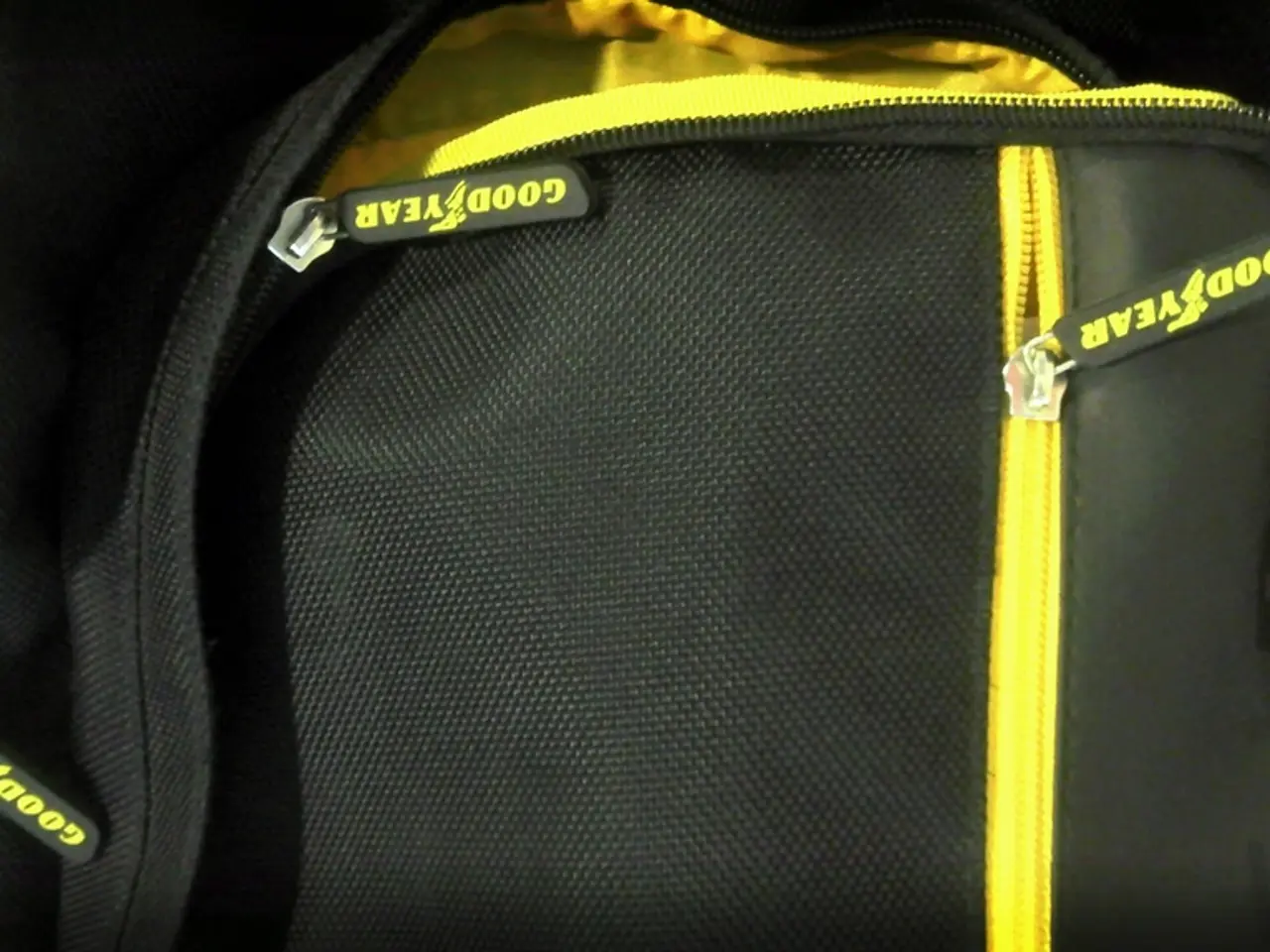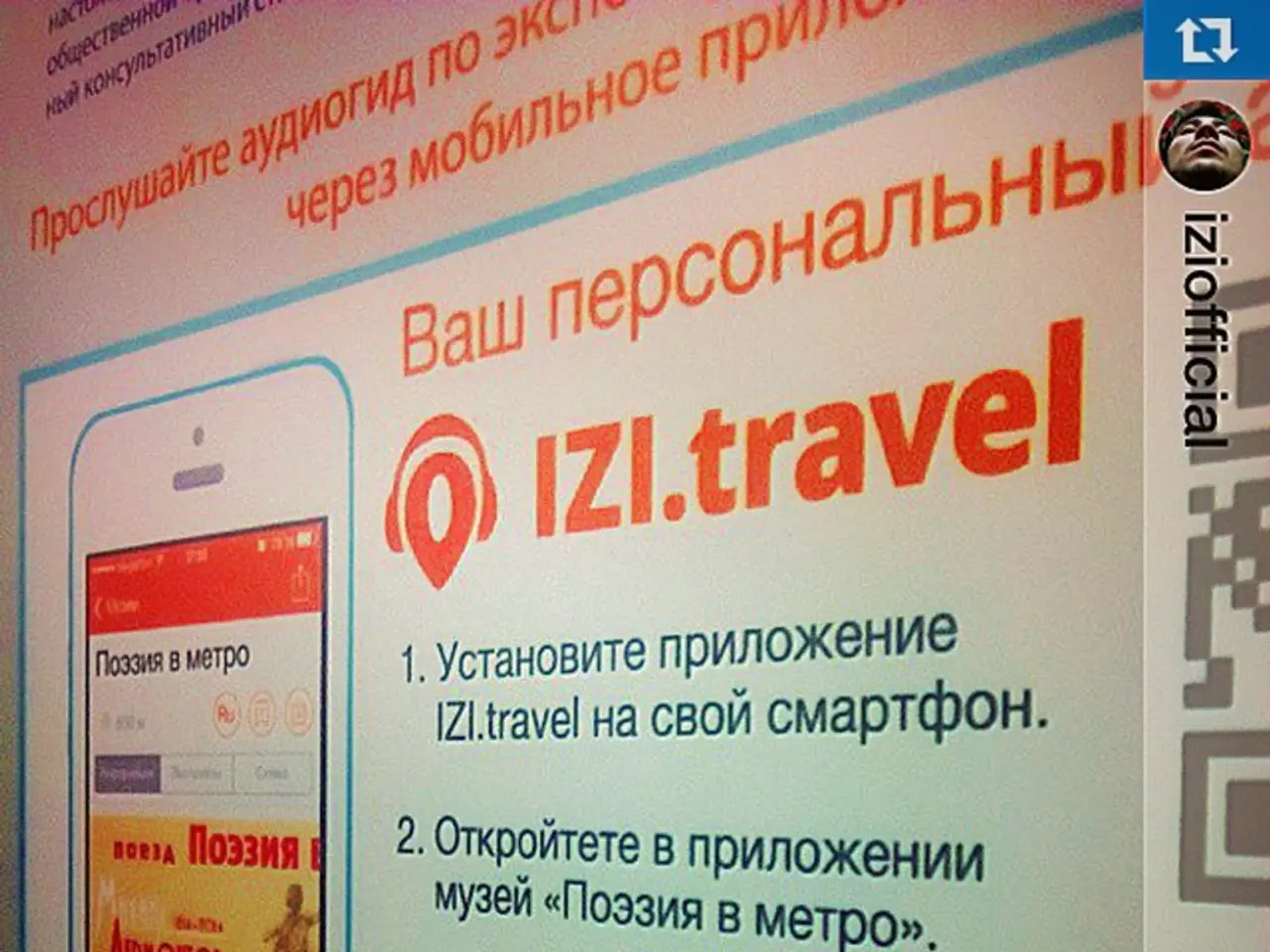TikTok introduces new measures to manage teens' app activity
In response to growing criticism and regulatory scrutiny, particularly from the European Union, TikTok, the popular video-based social media platform, has introduced a series of significant changes aimed at safeguarding young users and promoting balanced screen habits.
One of the key updates is the permanent ban on accounts promoting exploitation or sexualization of minors. These accounts are now permanently prohibited, and banned users are prevented from creating new accounts, thus protecting minors from harmful content and exploitation.
TikTok has also strengthened age restrictions on certain features. Direct messaging is now only accessible to users aged 16 and above, while TikTok Live and virtual gifting are limited to users 18 and older. Accounts identified as underage are actively suspended or terminated.
To ensure a safer environment for young users, TikTok has improved its content moderation. The platform employs a combination of AI-powered monitoring and human review teams to detect, flag, and remove harmful content promptly. Updated terms clearly prohibit exploitative, illegal, or obscene content, especially that which risks harm to minors.
TikTok is also offering tailored experiences for younger users. For instance, in the US, a curated, view-only mode is available for users under 13. The Family Pairing feature allows parents or guardians to link their accounts to their teen's profiles to manage content, privacy, and well-being settings, facilitating parental oversight and safer use by minors.
In an effort to promote educational content, TikTok launched the STEM feed in April 2024. This feature groups millions of videos chosen for their educational dimension on the platform. Partners such as Sensical, a video content curation company for children aged 2 to 10, are involved in selecting materials for the STEM feed. Poynter, a non-profit journalism training organization, is another partner responsible for the verification of content on the STEM feed.
To encourage balanced habits, TikTok has introduced a meditation feature for users under 16. This feature replaces the "For You" feed after 10 PM and presents a soothing screen with relaxing music. If users under 16 continue using the app past 10 PM, a more insistent message appears.
Additionally, TikTok has an option to disable the app's messaging service, a feature usually accessible to minors aged 16 to 18.
Despite these efforts, concerns remain. A 2025 class action lawsuit alleges that TikTok illegally collected data from children under 13 even when users entered their correct birthdate. Amnesty International has also criticised the platform for allowing harmful mental health content to surface to young users.
In conclusion, TikTok’s recent policy updates and feature enhancements represent a significant response to EU and global calls for stronger child protection, focusing on stricter content controls, age verification, and parental tools. However, ongoing monitoring and enforcement are still emphasized by advocacy groups.
- TikTok, in response to the call for safer environments, has introduced a meditation feature for users under 16, replacing the "For You" feed after 10 PM with a soothing screen and calming music to promote balanced screen habits.
- Recognizing the importance of education and self-development, TikTok launched the STEM feed in April 2024, which groups millions of educational videos, with partners like Sensical and Poynter involved in content selection and verification.
- To address criticisms and regulatory scrutiny, especially from the European Union, TikTok has strengthened its content moderation, banning accounts promoting exploitation or sexualization of minors, and implementing stricter age restrictions for features like direct messaging and TikTok Live.




